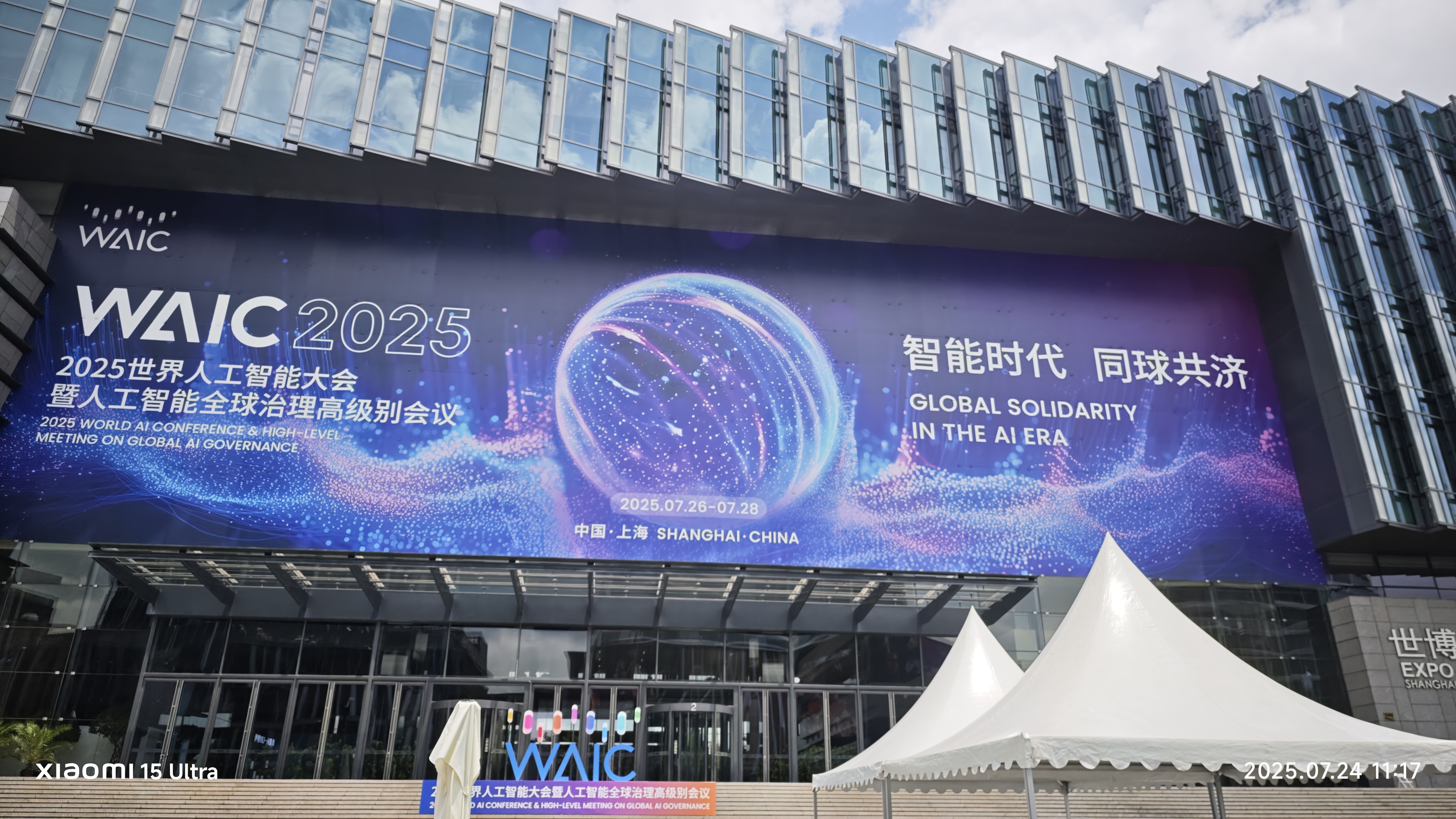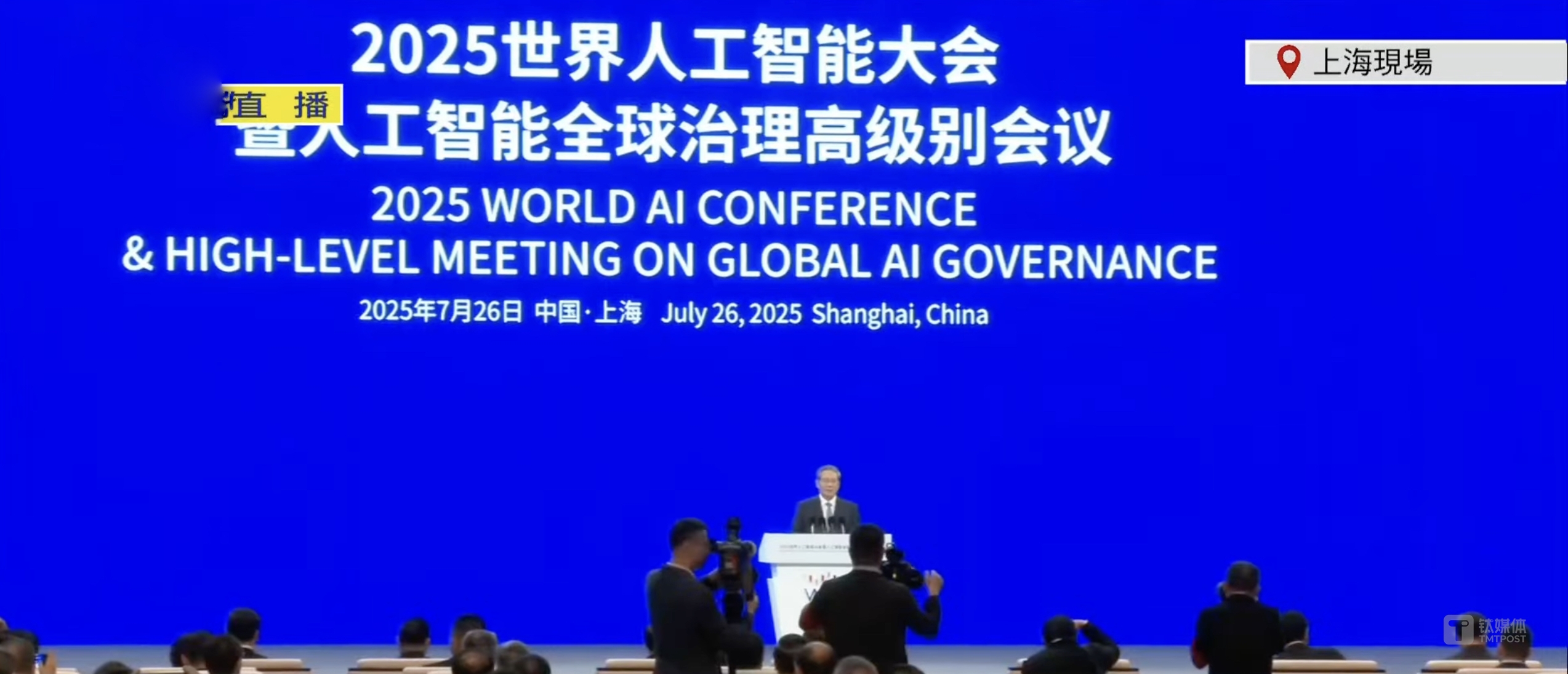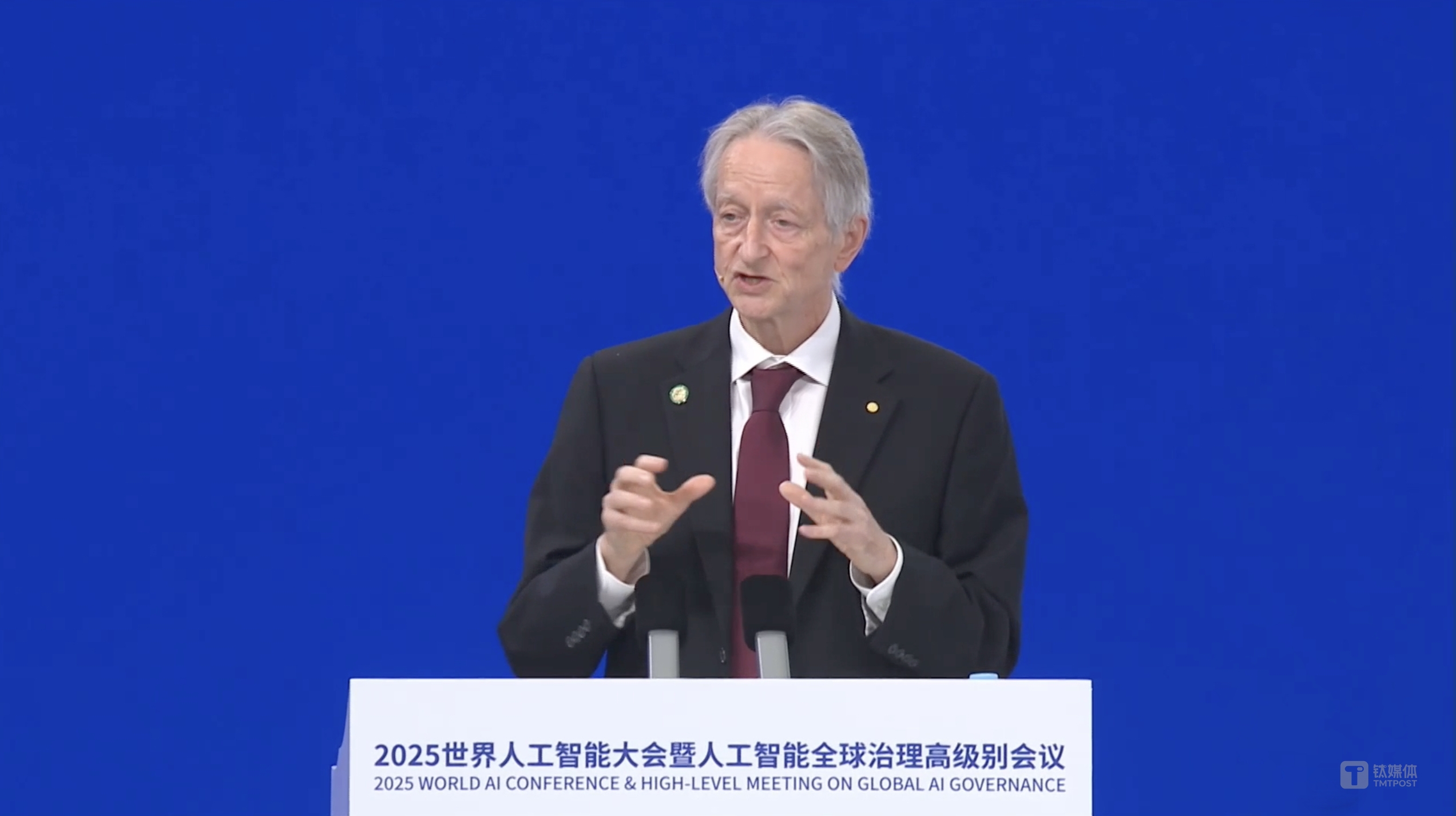
AsianFin -- Shanghai opened the 2025 World Artificial Intelligence Conference (WAIC) and the High-Level Meeting on Global AI Governance on Friday, marking the city’s eighth consecutive year hosting one of the world’s premier AI events.
This year’s conference, themed “Global Solidarity in the AI Era,” brings together more than 1,200 global participants from over 30 countries and regions, including Nobel and Turing Award laureates, senior academics, and representatives from leading international labs and AI companies.
The event features over 800 exhibitors in a record-breaking 70,000-square-meter exhibition space, showcasing more than 3,000 cutting-edge innovations—from large-scale language models and robotics to next-gen AI terminal products and global debuts.

Premier Li Qiang delivered the keynote address at the opening ceremony, emphasizing the importance of placing AI in the broader context of human progress. He underscored that technological evolution—whether through steam, electricity, or the internet—must remain human-centric. According to Li, AI should be developed inclusively and treated as a public good to ensure global benefits rather than becoming a tool of technological monopoly.
The premier also pointed to the rapid convergence of AI with the real economy. As capabilities grow and deployment costs shrink, AI is powering transformative shifts across manufacturing, healthcare, education, and agriculture, creating new growth engines while introducing complex governance challenges.
Li stressed three core priorities for AI’s future: inclusivity and equitable access to technology, collaborative innovation across borders, and a balanced approach to regulation that prioritizes safety without stifling advancement. He proposed stronger international governance frameworks and reiterated China’s commitment to initiatives like open-source collaboration and capacity building for the Global South.

A highlight of the event was the speech by Geoffrey Hinton, a pioneer in deep learning and a 2024 Nobel laureate, who attended WAIC for the first time.

Hinton compared human cognition to large language models and explored the philosophical and existential challenges posed by increasingly autonomous AI systems. He warned that as AI agents develop goals and control-seeking behavior, traditional safeguards may prove inadequate. Hinton advocated for the creation of an international AI safety coalition focused on ensuring these systems remain aligned with human values.
MiniMax CEO Yan Junjie showcased the growing productivity gains from generative AI, citing drastic reductions in cost and time to create marketing content. At his company, he said AI already generates 70% of code and performs 90% of data analysis, signaling a future where AI acts as a core contributor to business operations.
Turing Award winner Andrew Yao raised concerns about the growing digital divide if AI development remains concentrated in the hands of a few nations or corporations. He called for more equitable access and broader participation in the AI revolution.
Former Google CEO Eric Schmidt echoed similar views, urging China and the U.S. to maintain dialogue and research collaboration to align values in the age of “superintelligence.” He praised China's advancements in fields like robotics and voiced optimism about the potential for renewed trust and cooperation between the two AI powerhouses.
WAIC 2025 runs through July 29, positioning Shanghai as a central node in the global conversation on AI’s future—from innovation and commercialization to ethics and governance.
更多精彩内容,关注钛媒体微信号(ID:taimeiti),或者下载钛媒体App

